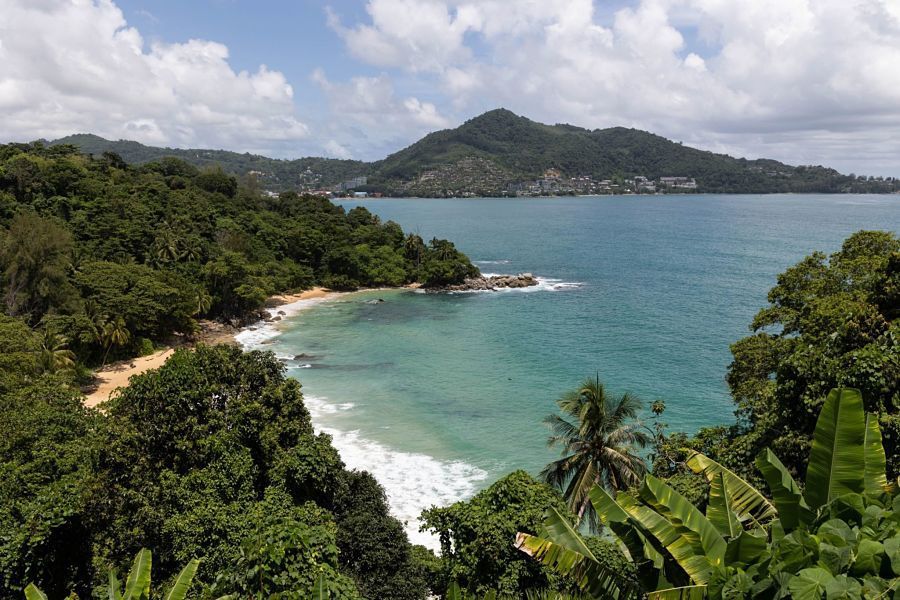A common framework of climate resilience metrics for businesses, investors, cities and regions was launched by the UN-backed Race to Resilience campaign on Adaptation, Loss and Damage Day Monday at COP26.
The framework allows non-state actors to quantify and verify the benefit of climate resilience actions for people and hectares of natural ecosystems.
It aims to make 4 billion people and more than 100 natural systems – including mangroves, forests and coastal zones – more resilient by 2030.
“After a summer of fire and flood and a code red from climate scientists, we must reckon with the scale, immediacy and inequity of the climate crisis right now,” said Nigel Topping, climate action champion at COP26. “We need urgent, innovative breakthroughs on resilience and to address loss and damage.
“The Race to Resilience set out with a necessary goal of building the resilience of four billion people to climate hazards by 2030. The metrics framework and analytics underneath them will ensure we are backing the actions we know can increase resilience and help mobilise more resources toward them,” Topping said. “This is just the start though. We need greater ambition and action from all actors to help communities adapt and build resilience to climate change.”
Sagarika Chatterjee, director of climate change at the Principles for Responsible Investment, said, “We need to focus more on resilience. Four billion people are susceptible to the physical impact of climate change.
“We need to be taking actions on how we’re going to assess the risks of the physical impact and how we’re going to protect and help those people so they’re not just rebuilding and rebuilding but can withstand the shocks,” Chatterjee added.
OCEAN RISK AND RESILIENCE
An investment into the resilience of coastal communities was also announced on Adaptation, Loss and Damage Day, the eighth day of COP26. The UK’s Blue Planet Fund and Swiss Re announced they will put over $500,000 (368,042 pounds) into the Ocean Resilience Innovation Challenge, an initiative investing in and supporting locally led projects designed to build resilience in coastal communities adapting to climate change.
The project is run by Ocean Risk and Resilience Action Alliance, which aims to drive $500 million of investment to ocean nature-based solutions, establish at least 50 novel finance products and build the resilience of 250 million climate-vulnerable coastal people by 2030.
“The UK and Swiss Re Foundation’s backing of the Ocean Resilience Innovation Challenge comes amid a growing urgency for private and public finance leaders to increase ocean finance commitments and build resilience in some of the Earth’s most valuable ecosystems and most exposed communities,” said Karen Sack, ORRAA executive director and co-chair. “This is about how we nurture and scale locally-led solutions to some of the most serious challenges we face.”
FUNDING ADAPTATION
Elsewhere at the conference in Glasgow, contributing governments and fund stakeholders discussed the Adaptation Fund, with the U.S. making its first donation of $50 million.
Since 2010, the fund has had over $850 million allocated for climate adaptation projects in developing countries.
“There has been a shift in thinking under the Biden administration about the criticality of adaptation,” said John Kerry, U.S. special envoy for climate.
Qatar also made its first donation of $500,000, and a host of other countries made renewed pledges.
OBAMA CALLS FOR URGENCY
Also Monday, former U.S. President Barack Obama addressed COP26 delegates in Glasgow. Speaking at the event Partnerships for Island Resilience, he said island states were the “canary in the coal mine” when it came to the climate crisis.
In a later address to the conference, Obama encouraged young people to stay angry about the climate crisis and to channel their frustration in to politics and addressing the challenges older generations have created but failed to solve.
He also said it was “discouraging” that Russia and China’s leaders were not attending COP26.
“It was particularly discouraging to see the leaders of two of the world’s largest emitters, China and Russia, declined to even attend the proceedings, and their plans so far reflect what appears to be a dangerous lack of urgency – a willingness to maintain the status quo, on behalf of those governments,” Obama said.
[More: Yellen to urge finance CEOs to put more funds into climate fight]
For reprint and licensing requests for this article, click here








